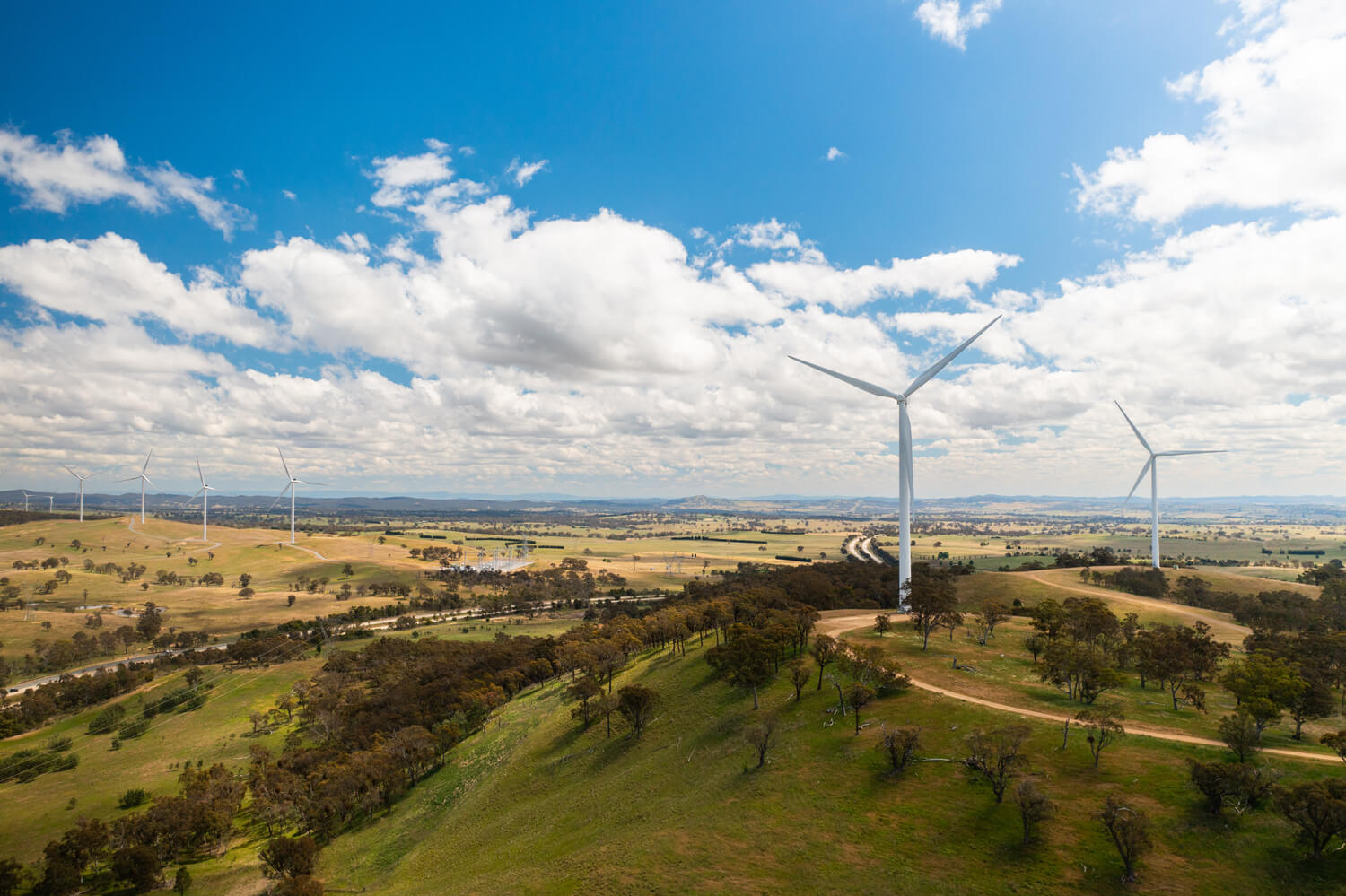The Net Zero Commission (the commission) is an independent statutory body established under the Climate Change (Net Zero Future) Act 2023 (the Act). The commission plays a crucial role in ensuring NSW is more resilient to a changing climate and on a clear path to net zero.
The commission’s role is to:
- monitor, review and provide advice and recommendations on progress towards NSW’s emissions reduction targets and adaptation objective
- monitor and review action currently being taken in NSW to address climate change. This includes the environmental, social and economic impacts as well as action related to the NSW Government’s strategies, policies and programs
- identify and recommend action that should be taken by the NSW Government to address climate change
- educate and inform the NSW Government, business, organisations and individuals to promote action to address climate change.
The commission operates independently but is accountable to the NSW Parliament. As part of its independence, the Joint Standing Committee on Net Zero Future has been established to monitor and review the commission’s functions under the Act.
About the Act
The Climate Change (Net Zero Future) Act 2023 legislates the NSW Government’s approach to deliver net zero by 2050.
The objectives of the Act are to:
- establish guiding principles for action to address climate change in NSW
- set emissions reduction targets for NSW
- set an adaptation objective for NSW to be more resilient to a changing climate
- establish the Net Zero Commission to independently monitor, review and report on progress in NSW towards the targets, adaptation objective and other matters.
The Act passed both Houses of Parliament with multi-party support in November 2023, setting a clear path to 2050 with emissions reduction targets.
The Act can be read in full on the NSW legislation website.
Meeting the legislated targets is the pathway to decarbonising our state and building climate resilience.
Our guiding principles
The guiding principles of the Net Zero Commission are set out in section 8 of the Act.
For this Act, the guiding principles are the principles set out in this section.
1. There is a critical need to act to address climate change, which is a serious threat to the social, economic and environmental wellbeing of NSW.
2. Action to address climate change should be taken as early as possible to minimise the cost and adverse impacts of climate change.
3. Action to address climate change should be taken in a way that—
a) is fiscally responsible, and
b) promotes sustainable economic growth, and
c) considers the economic risks of delaying action to address climate change, and
d) considers the impact on rural, regional, and remote communities in NSW.
4. Action to address climate change should be consistent with the right to a clean, healthy and sustainable environment.
5. Action to address climate change should be consistent with the principles of ecologically sustainable development described in the Protection of the Environment Administration Act 1991, section 6(2).
6. Action to address climate change should involve appropriate consultation with affected persons, communities and stakeholders.
7. Action to address climate change should take into account the following—
a) the knowledge and perspectives of Aboriginal communities,
b) the best available science,
c) the knowledge of rural, regional and remote communities in NSW,
d) the need to support local communities, including Aboriginal communities, who may be affected by the action, including by—
i) considering the impact on local employment and industries, and
ii) diversifying local economies, and
iii) encouraging local procurement, and
iv) optimising job creation and employment transition opportunities, and
v) considering the impact on the amenity of local communities,
e) the need for education and skills diversification,
f) the need to ensure essential utilities and infrastructure are provided, including energy, water, telecommunications and transport,
g) the impact of the action on consumer costs in NSW, including energy costs,
h) the need to reduce the risk climate change poses to human health,
i) equity and social justice impacts on socially disadvantaged groups and economically vulnerable regions,
j) the need to reduce the risk climate change poses to the survival of all species.
8. Action to address climate change should take into account the impact on animals.
9. The Government of NSW is responsible for—
a) urgently developing and implementing strategies, policies and programs to address climate change, and
b) ensuring the Government of NSW pursues best practice in addressing climate change.


